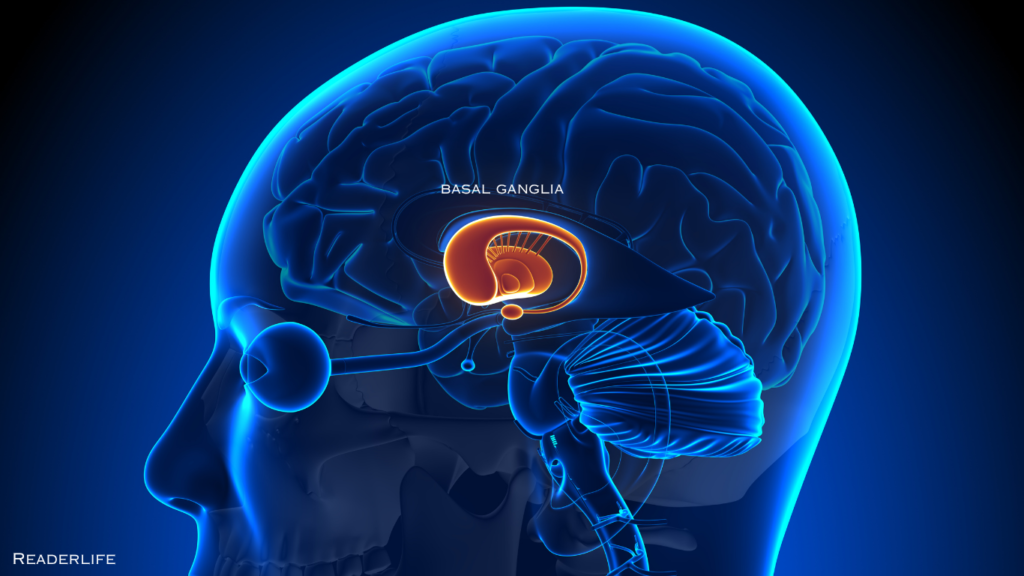Have you ever brushed your teeth without really thinking about it? Or walked into a room and forgot why you were there, but instinctively reached for your phone? That’s automaticity in action. It’s your brain doing things on autopilot, and it’s way more powerful than you might think.
In this blog, we’ll break down the science of automaticity—how simple repetition can change your brain, behaviour, and even how you see yourself. And no, you don’t need a neuroscience degree to understand it.
Table of Contents
What Is Automaticity, and Why Should You Care?
At its core, automaticity means doing something without consciously thinking about it. It allows you to drive home while your mind is elsewhere, or tie your shoes without planning every move. Once something becomes automatic, your brain uses far less effort to get it done.
This is important because nearly 40% of your daily actions are habits, many of them automatic. If you want to change your life—your health, productivity, and mindset—you must understand how these automatic behaviours are formed.
Repetition Is How Habits Are Born
You’ve probably heard the saying, “Practice makes perfect.” In brain science, it’s more like: “Practice makes permanent.”
Every time you repeat a behaviour, your brain strengthens the connections between the neurons involved in that action. This idea comes from a principle called Hebb’s Rule: “Neurons that fire together, wire together.”
In simple terms, doing something repeatedly builds a mental shortcut. Eventually, your brain can perform the task with less effort, like a worn path through a forest. The more you walk it, the clearer it becomes.
Inside the Brain: What’s Happening
When you first try something new—say, learning to play guitar or switching your morning routine—your prefrontal cortex (the decision-making part of your brain) does most of the work. It feels slow, awkward, and exhausting.
But as you repeat the behaviour, your brain starts handing it off to the basal ganglia, a part of the brain that’s great at storing routines. That’s when things become automatic.

You no longer need to think about every step. Your brain recognises the pattern and runs it for you. It’s like hitting “play” on a mental playlist.
How Long Does It Take for a Habit to Become Automatic?
Many people throw around the “21 days to form a habit” rule, but that’s not quite accurate. According to a 2009 study from University College London, it takes about 66 days on average for a behaviour to become automatic. Some people formed habits in as little as 18 days, while others needed over 200.
The bottom line? Habit formation isn’t one-size-fits-all. What matters most is consistent repetition, not racing to an arbitrary finish line.
The Habit Loop: The Blueprint of Repetition
To understand how repetition becomes automatic, we must examine the habit loop, a concept popularised by Charles Duhigg in The Power of Habit.
Here’s how it works:
- Cue – Something triggers your behaviour (e.g., a time, place, feeling).
- Routine – The behaviour itself (what you do).
- Reward – The benefit or relief you get (even if it’s subtle).
If you repeat this loop often enough, it will become automatic. Your brain will start to predict the reward and initiate the routine almost without asking you.
Example:
- Cue: You’re bored.
- Routine: You scroll through social media.
- Reward: You feel momentarily distracted or entertained.
- Over time, this becomes automatic.
Also read: The Power of Habit: 9 Powerful Lessons That Reshaped the Way I Live
Automaticity Doesn’t Just Change Behaviour—it Shapes Identity.
One of the most interesting effects of repetition is how it changes your self-image. The more you repeat a behaviour, the more it becomes part of your identity.
James Clear, author of Atomic Habits, says it best:
“Every action you take is a vote for the type of person you wish to become.”
Let’s say you commit to journaling every night. After a while, you’ll be more than just someone who journals—you’ll be a journaler.
You’re not just someone who runs—you’re a runner.
This is how repetition builds identity—and that’s when a habit sticks.
How to Build Positive Habits Using Repetition
If you want to harness automaticity to improve your life, here’s how to get started:
- 1. Start Ridiculously Small
Want to start exercising? Begin with two push-ups a day. Make the bar so low that it’s impossible to fail. Over time, your brain gets used to the behaviour, and you naturally do more.
- 2. Repeat Daily
The more frequently you repeat a behaviour, the quicker it becomes automatic. Daily habits stick faster than occasional ones.
- 3. Use the Same Time and Place
Consistency in context helps your brain form the cue-routine connection faster. Try meditating in the same spot at the same time each day.
- 4. Stack Your Habits
Pair a new habit with one that’s already automatic. For example:
“After I pour my morning coffee, I’ll write one line in my journal.”
- 5. Track Your Progress
Use a habit tracker or calendar. Seeing your streak grow motivates you and shows your brain that this matters.
What About Breaking Bad Habits?
Unfortunately, automaticity works both ways. Bad habits get wired into your brain the same way good ones do. But you can undo them with a bit of awareness and intention.
Try This:
- Interrupt the loop. Change your environment or routine.
- Replace, don’t erase. Swap the bad habit for a healthier one.
- Pause and reflect. Even a 10-second pause before acting can help you override an automatic response.
Example: Instead of reaching for your phone, keep a book nearby when you’re bored. Make the healthier habit just as accessible.
Automaticity in Everyday Life
You’re already using automaticity more than you realise:
- When you drive to work without thinking about it.
- When you instinctively say “thank you” after receiving something.
- When you brush your teeth every morning, even when you’re half-asleep.
These little routines shape your day, mindset, and life. The question is: Are they working for you or against you?
Final Thoughts: Repetition Is Your Superpower
Building the life you want doesn’t come from giant leaps. It comes from small actions repeated consistently. Automaticity is your brain’s way of helping you out, but you must train it first.
Here’s what to remember:
- Repetition builds habits.
- Habits shape your identity.
- Identity guides your future behaviour.
So if you’re trying to change your life, start small. Repeat daily. Be patient. And trust that over time, your brain will take over, and your new behaviour will feel as natural as breathing.


1 thought on “The Science Behind Automaticity: How Repetition Changes Behaviour”